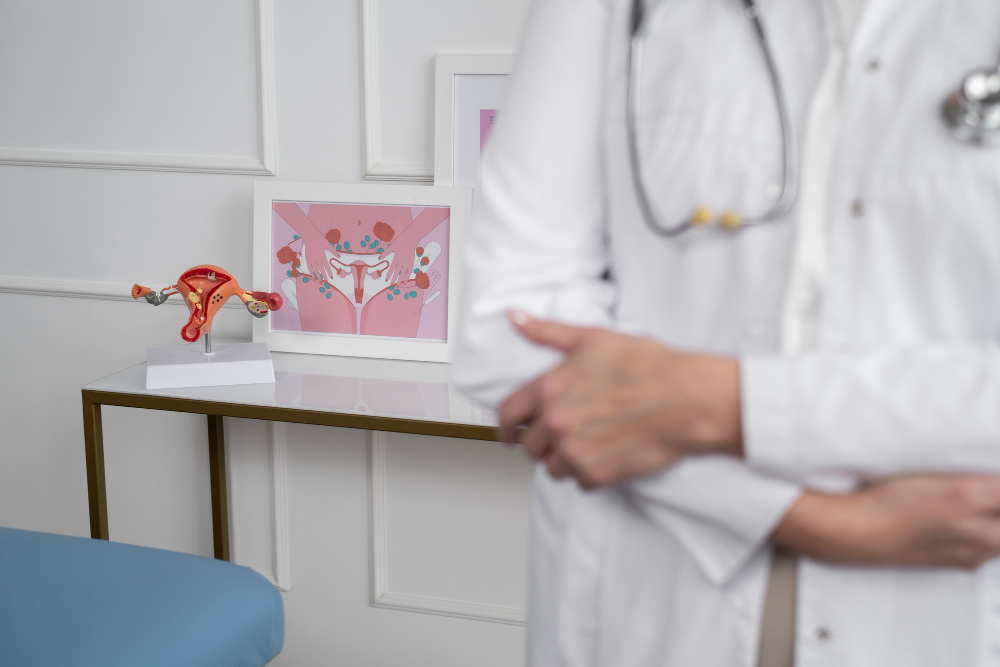What is Endometrial Cancer?
Endometrial cancer is a type of cancer that starts in the lining of the uterus. This lining is called the endometrium. Most cases of endometrial cancer are found in women who have gone through menopause. However, it can also affect younger women. Because it is one of the most common cancers of the female reproductive system, knowing about it is important. Early detection often leads to better outcomes. According to the CDC, endometrial cancer is the most common cancer of the uterus.
Common Symptoms of Endometrial Cancer
Recognizing the signs of endometrial cancer can help with early diagnosis. While symptoms may vary, some are more common. For example, unusual vaginal bleeding is often the first sign. If you notice any of these symptoms, talk to your doctor right away:
Sometimes, these symptoms can be caused by other conditions. Still, it is important to get checked by a healthcare provider.
Causes and Risk Factors
Doctors do not know the exact cause of endometrial cancer. However, certain factors can raise your risk. For instance, changes in hormone levels play a big role. Estrogen, a female hormone, can affect the growth of the endometrium. When there is too much estrogen, the risk goes up. Here are some common risk factors:
Not everyone with these risk factors will get endometrial cancer. But knowing them can help you and your doctor watch for warning signs.
How is Endometrial Cancer Diagnosed?
Doctors use several tests to diagnose endometrial cancer. First, they will ask about your symptoms and medical history. Next, they may do a pelvic exam. If they suspect cancer, they may order more tests. These can include:
Early diagnosis is key. Therefore, if you have symptoms, see your doctor as soon as possible.
Treatment Options for Endometrial Cancer
Treatment for endometrial cancer depends on the stage and type of cancer. Your doctor will discuss the best plan for you. Common treatment options include:
Some women may need more than one type of treatment. Your healthcare team will explain your options and help you decide what is best.
Prevention and Lifestyle Tips
While you cannot prevent all cases of endometrial cancer, you can lower your risk. Here are some helpful tips:
Early action can make a big difference. So, regular check-ups are important, especially if you have risk factors.
Conclusion
Endometrial cancer is a serious but treatable condition. Knowing the symptoms, causes, and treatment options can help you stay informed. If you notice any signs or have concerns, consult a healthcare specialist for personalized advice on endometrial cancer.
